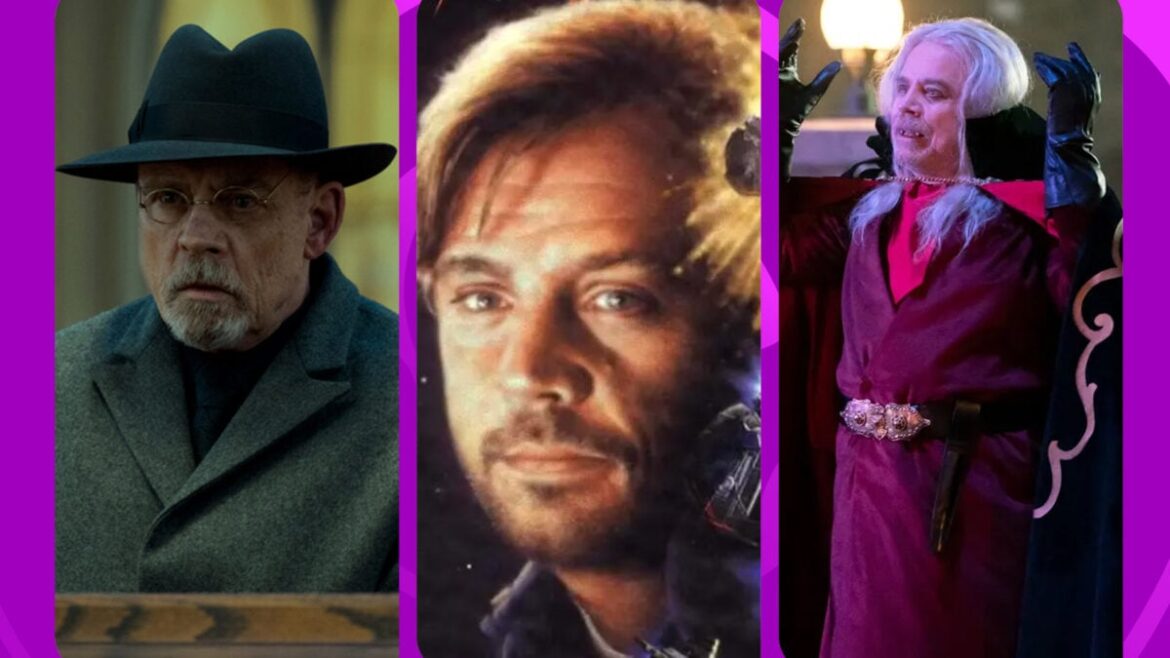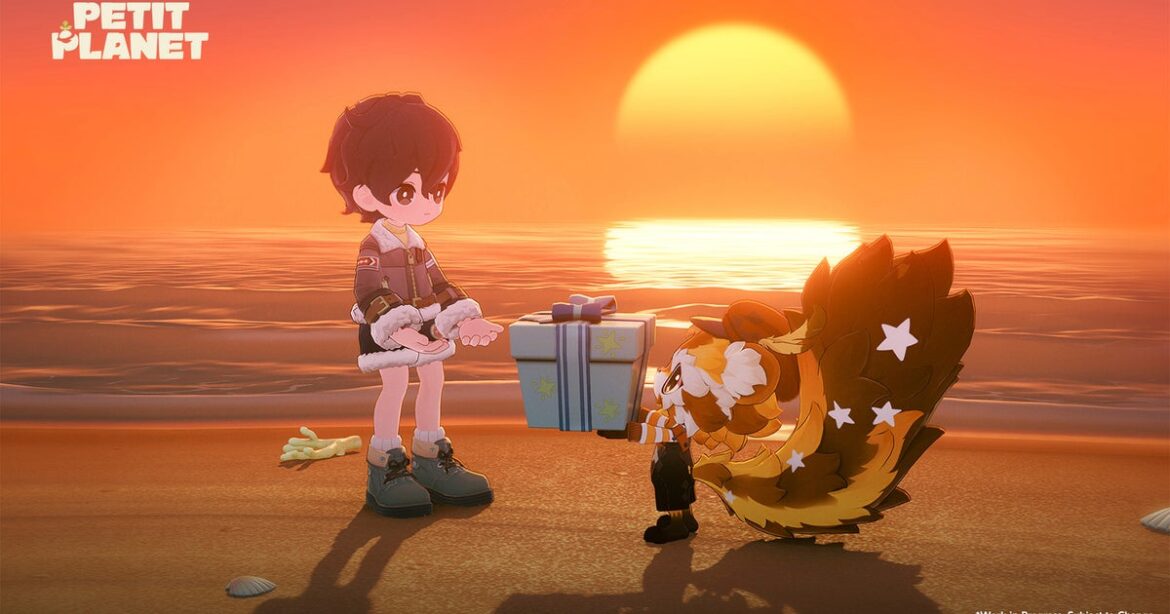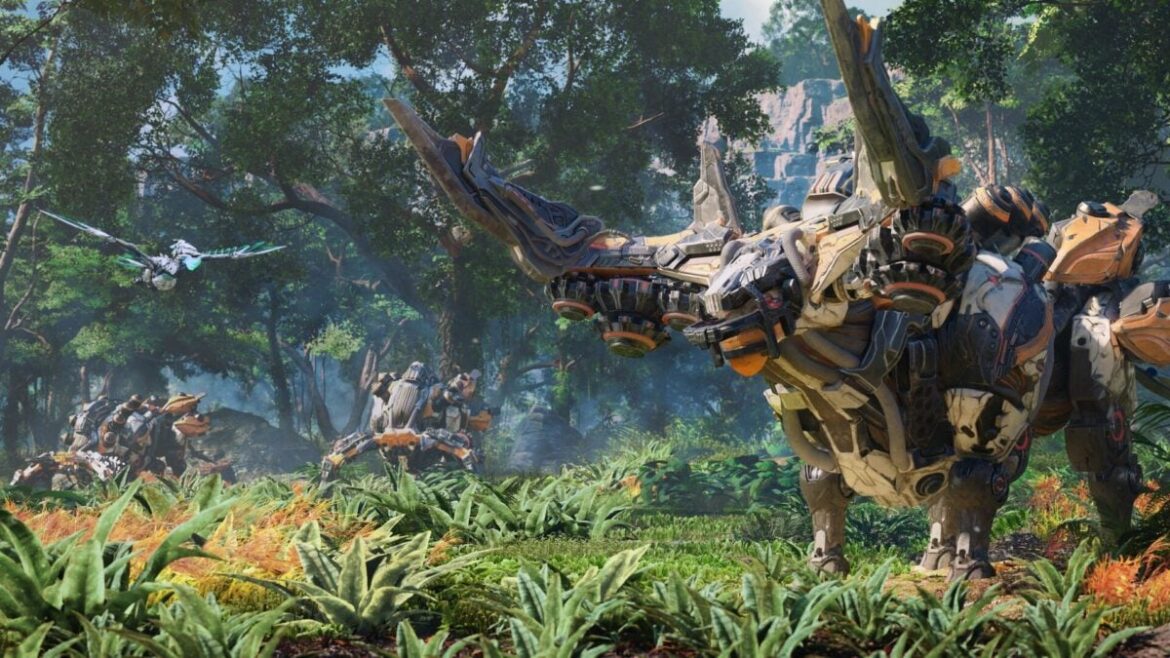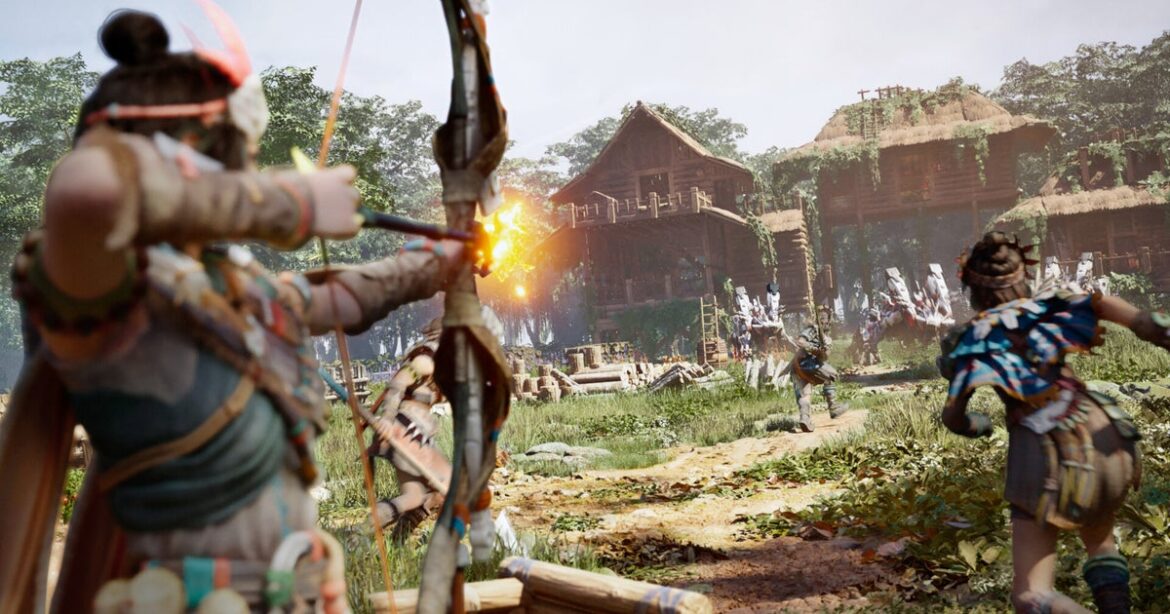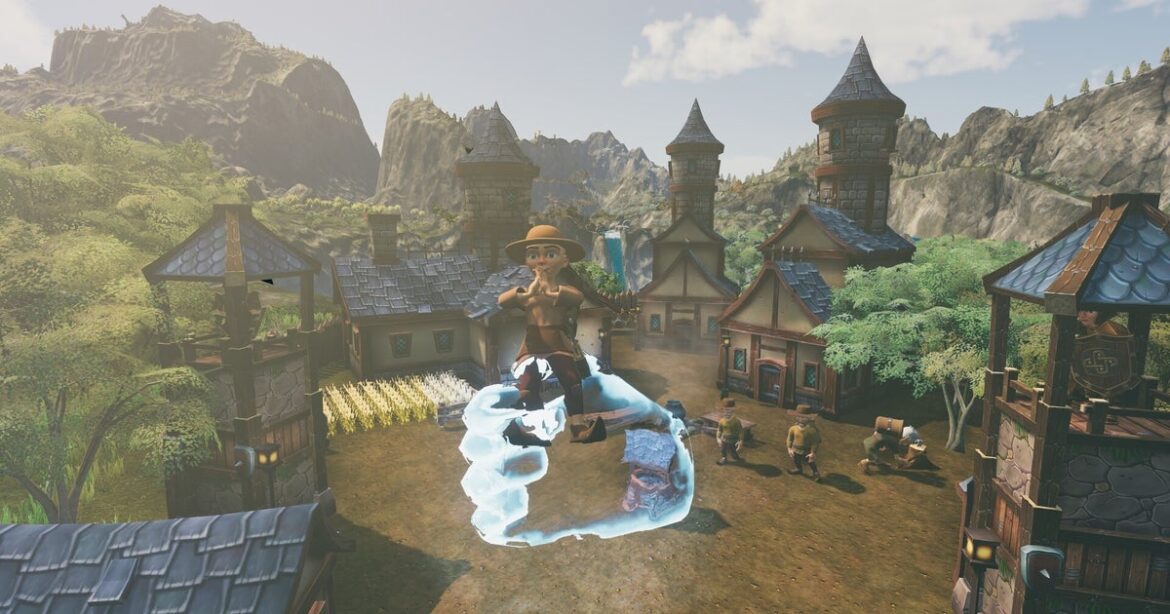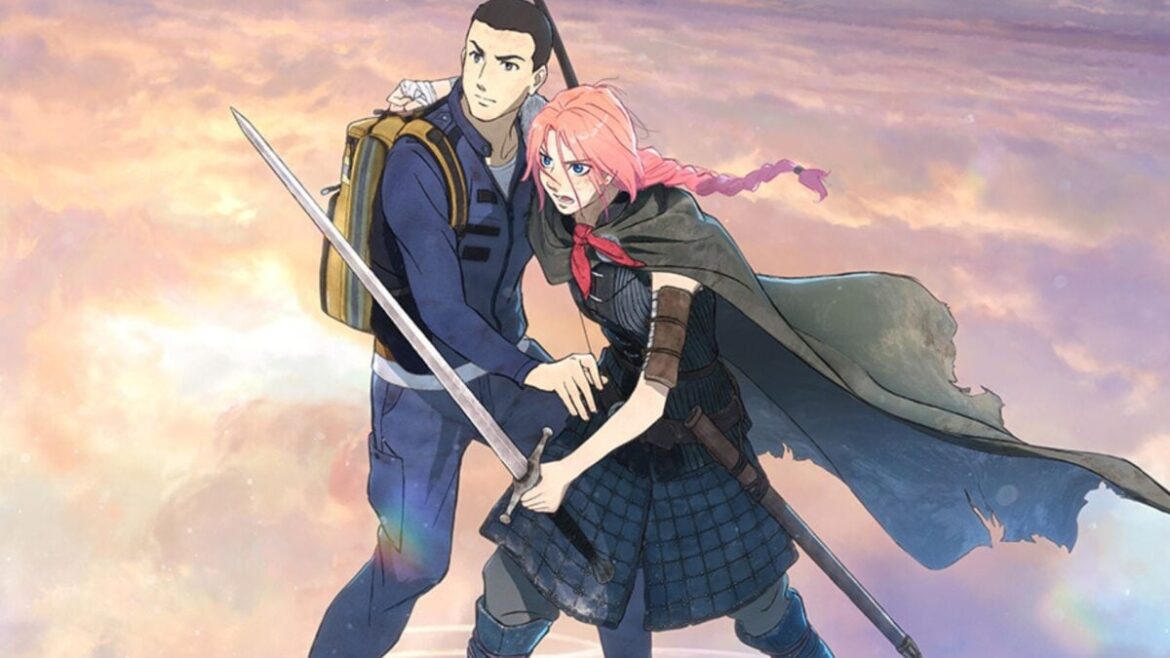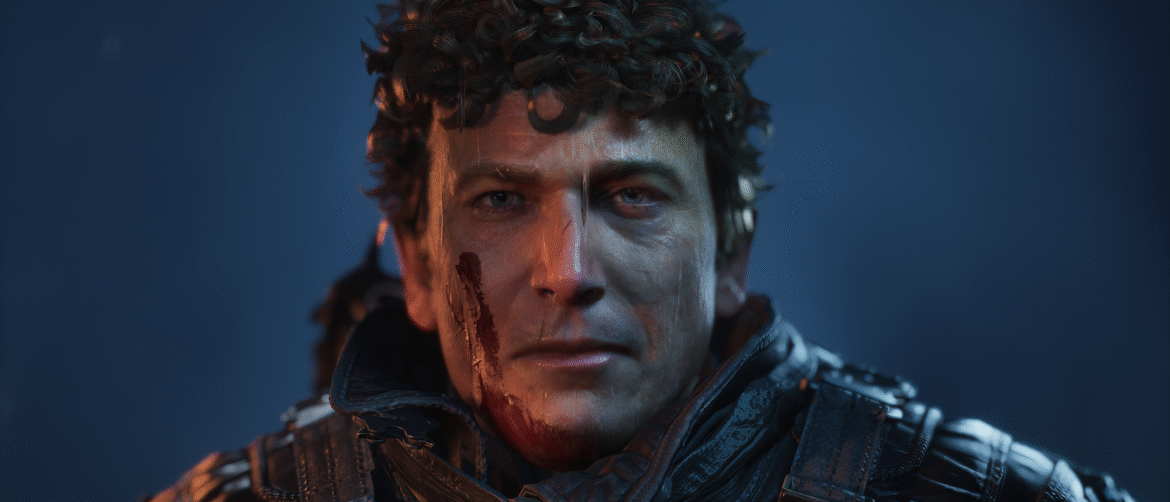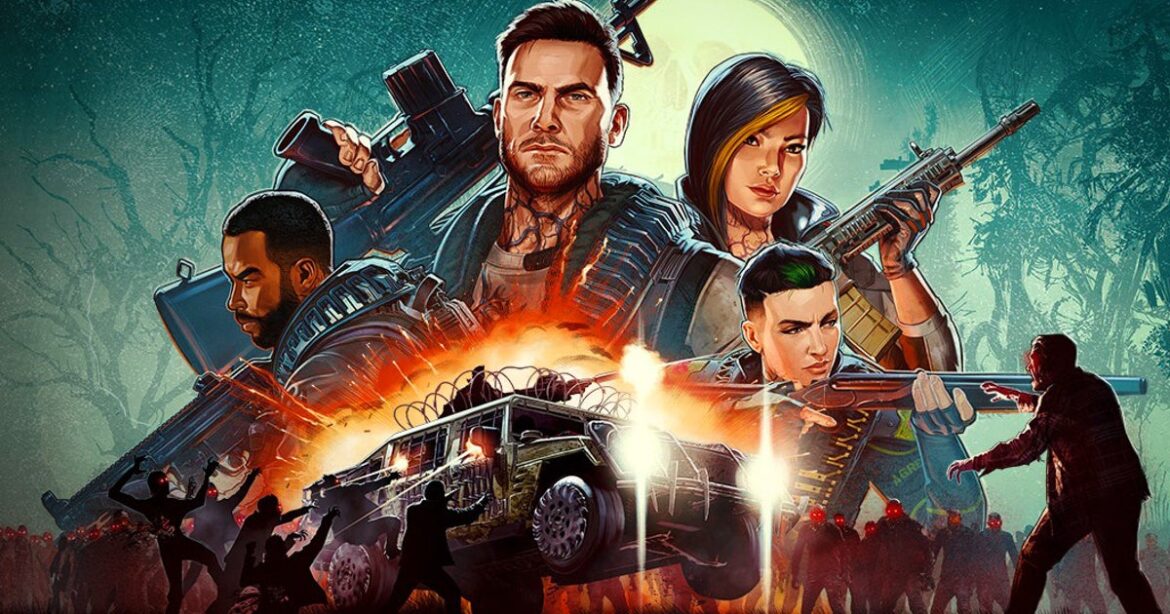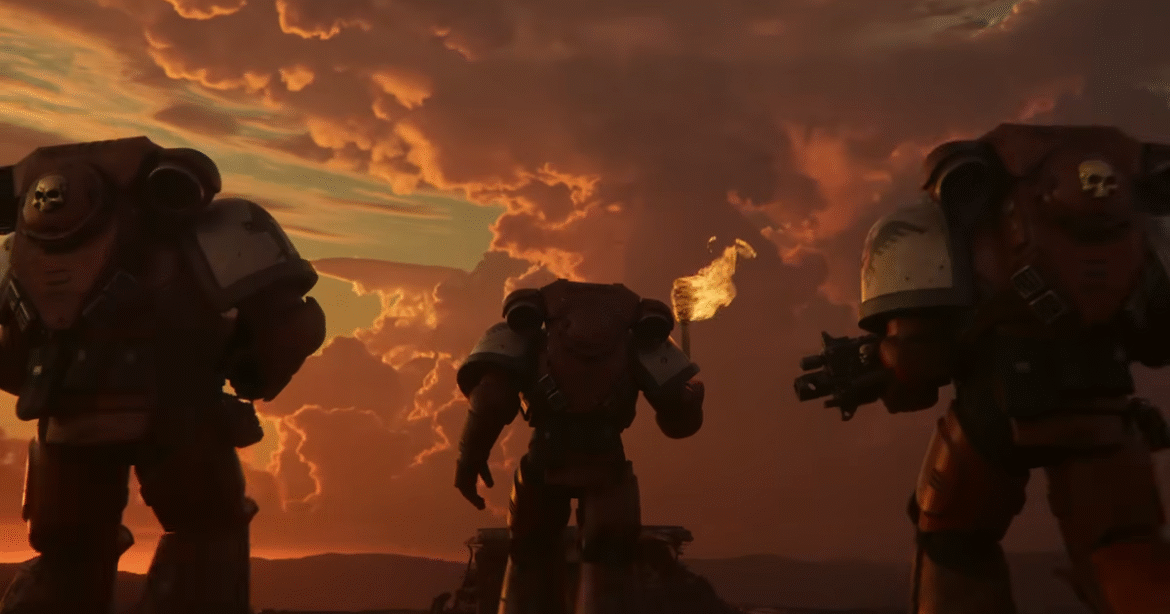James Jesse, The Flash
© The CW
Imagine taking a C-list comics villain and having such a fun performance with it that you get to play him across the decades in three different TV shows. Hamill first played the Trickster in the ’90s Flash live-action show, before coming back for an animated appearance in Justice League Unlimited and then reviving the character again in the CW’s own Flash show. Hamill’s Trickster, like so many of his most beloved roles, really manages to balance the zany over-theatricality of a comic book baddie (even if Jesse is hardly the fiercest of Flash’s rogues), while giving the character a wonderfully human side too in his appearance in Unlimited. The 2014 Flash iteration definitely leans a bit more on the gag side of things, but it’s well worth revisiting his ’90s turn, considering it’s what purportedly played a key role in him landing the role of Joker.
Skeletor, Masters of the Universe: Revelations
© Netflix
It might be controversial to say, given any performance of He-Man’s antagonistic foil has to walk in the shadow of Alan Oppenheimer, but Hamill’s turn in Kevin Smith’s rebooted take on Masters of the Universe is a very fun take on the character, giving Skeletor a gruffness that lends him an underlying menace even when he leans a bit more into the character’s classic camp.
Christoper “Maverick” Blair, Wing Commander
© Origin Systems
Okay, sure, we can’t put one hotshot sci-fi piloting hero on this list, but there is another! Hamill played Wing Commander protagonist Maverick, aka Christopher Blair, in the FMV live-action cutscenes used in the third and fourth games in the series, Heart of the Tiger and Price of Freedom, giving the series’ previously unnamed protagonist a stronger depth of character, a more seasoned starfighter pilot on the front lines of a long and bitter conflict with the lion-esque aliens known as the Kilrathi. And as Hamill’s voice acting career took off, he even returned to the animated prequel spinoff Wing Commander Academy to reprise the role.
Mervyn Pumpkinhead, The Sandman
© Netflix
The Dreaming’s resident grumpy janitor (and sentient pumpkin-headed scarecrow), Hamill burns briefly but brightly on Netflix’s Sandman adaptation, with Mervyn providing a touch of charmingly abrasive levity to the climax of the first season. Thank god he recovered from his fight against the furies in the show’s sophomore season!
skekTek the Scientist, Dark Crystal: Age of Resistance
© Netflix
Sometimes you’ve just gotta lean all the way in, and when given the role of the Skeksis’ chief scientist in the incredible Dark Crystal prequel show, Hamill goes all out. He’s cackling, shrill, and just delightfully, ruthlessly over-the-top in his portrayal of skekTek’s otherwise logically cold evil, really selling you on just what wretched delight skekTek takes in the cruelty he enacts in his experiments.
The Major, The Long Walk
© Lionsgate
Hamill’s most recent performance is so great that it immediately has to sit among a recollection of his finest roles, playing the chilling commander of the titular dystopian march from Stephen King’s classic tale. It’s clear looking back on Hamill’s work that he loves playing a villain, but few compare to the chilling presence with which he embodies the Major as an ever-watching specter haunting the walkers.
Ozai, Avatar: The Last Airbender
© Nickelodeon
Hamill fills Avatar‘s Fire Lord with tension in every line, a fitting balance of restraint for the fiery leader of the Fire Nation’s imperial ambitions: his performance as Ozai is electrifying, crackling with the potential for the character’s rage always swirling just beneath the surface. And that only means that when Ozai is allowed to let loose, Hamill goes suitably grand, imbuing the character with a snide and noble arrogance that you love to hate.
Albie Krantz, The Life of Chuck
© Neon
The grandfather to the titular Chuck, Hamill plays a crucial role in this year’s Mike Flanagan tearjerker. Albie cuts a tired figure, and like so many of Hamill’s most beloved roles, there’s a little element of irascibility—but it’s for good measure, as we see through the young Chuck’s eyes the tragedies that have shaped his grandfather into the man he is. Even in dealing with all that, Hamill gives Albie a warmth and sincerity to deliver an incredibly emotional performance, one that stands in stark contrast to his other big 2025 role in The Long Walk.
The Hobgoblin, Spider-Man: The Animated Series
© 20th Century Television
While Joker dominates people’s memory of Hamill’s superheroic voicework, his turn as the Hobgoblin in Marvel’s ’90s animated icon is not to be missed. There’s just enough menace to keep it distinct from his other, more grandiose vocal performances, while keeping a bit of a more subdued vibe.
Thorn, The Wild Robot
© Dreamworks
In a wonderfully sweet role as the grizzly bear with a soft heart, Hamill gets to do a lot with Thorn, softening him from a ferociously cantankerous initial threat to a loveably warm friend to Roz the robot over the course of the film. Hamill clearly loves voice roles where he gets to play both sides of the coin… and occasionally do so with gruffness that, in this case, is suitably bearish.
Jim the Vampire, What We Do in the Shadows
© FX
An iconic part of an all-time iconic What We Do in the Shadows bit, Hamill’s Jim is the hilarious foil to Laszlo in “On the Run”: the vampire Laszlo stiffs on rent, leading to a near 200-year grudge and Laszlo’s brief flight to Pennsylvania to live a life as human bartender Jackie Daytona. Hamill’s comedic chops are on full display here as the oddball, vengeful, yet very oblivious vampire, and it’s a delight to see him having so much fun.
Arthur Pym, The Fall of the House of Usher
© Netflix
Ah, the Pym Reaper. The Usher family’s sinister fixer lets Hamill play a particularly intriguing nastiness: Pym is far from a good person, but he is surprisingly nuanced in the way he acts as the ruthless thread weaving together the unfolding doom the Usher family faces. It’s a wonderfully chilling mirror to many of Hamill’s more overtly evil roles, and he plays it pitch-perfectly.
You know this had to be on here somewhere. The performance that defined the Dark Knight’s greatest foe for generations of fans—and kept defining it, as he returned to voice Joker across various other projects—Hamill’s Joker will forever remain as iconic a spotlight in his career as Luke Skywalker. Able to balance the character’s humor and darkness in equal measure while imbuing the clown prince with a cackling theatricality, Hamill took the great material he was given in Batman and made it sing.

